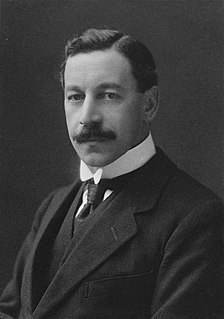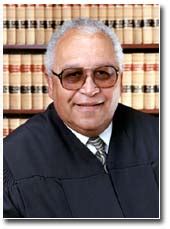A Quote by Albert Einstein
The most important human endeavor is the striving for morality in our actions. Our inner balance and even our very existence depend on it. Only morality in our actions can give beauty and dignity to life. To make this a living force and bring it to clear consciousness is perhaps the foremost task of education. The foundation of morality should not be made dependent on myth nor tied to any authority lest doubt about the myth or about the legitimacy of the authority imperil the foundation of sound judgment and action.
Quote Topics
About
Action
Actions
Any
Authority
Balance
Beauty
Bring
Clear
Consciousness
Depend
Dependent
Dignity
Doubt
Education
Endeavor
Even
Existence
Force
Foremost
Foundation
G Force
Give
Human
Important
Inner
Judgment
Legitimacy
Lest
Life
Living
Made
Make
Morality
Most
Myth
Nor
Only
Our
Our Actions
Perhaps
Should
Sound
Sound Judgment
Striving
Task
The Most Important
Tied
Very
Related Quotes
The most important human endeavor is the striving for morality in our actions. Our inner balance and even our very existence depend on it. Only morality in our actions can give beauty and dignity to life. Albert Einstein It is the function of art to renew our perception. What we are familiar with we cease to see. The writer shakes up the familiar scene, and, as if by magic, we see a new meaning in it.
Myth is the practical metabolism of our soulish life, the logic of our obsessions and oversights for which we have no language or code. Myth is the "morality" that the ineffable puts upon us, our unaccountable imperatives, our inexplicably selective clarity and obscurity, the mortal one-sidedness of our talents and wits, the passion and apathy that make such a transient passage through our hapless minds; that weave a pattern of fatality others will see before we do. Myth is distinctively human or sublime higher-order instinct, the "reason" in culture that reason knows not of.
The founders of this nation understood that private morality is the fount from whence sound public policy springs. Replying to Washington's first inaugural address, the Senate stated: "We feel, sir, the force and acknowledge the justness of the observation that the foundation of our national policy should be lain in private morality. If individuals be not influenced by moral principles it is in vain to look for public virtue."
What little recognition the idea of obligation to the public obtains in modern morality, is derived from Greek and Roman sources, not from Christian; as, even in the morality of private life, whatever exists of magnanimity, high-mindeness, personal dignity, even the sense of honour, is derived from the purely human, not the religious part of our education, and never could have grown out of a standard of ethics in which the only worth, professedly recognized, is that of obedience.
The most important ingredient we put into any relationship is not what we say or what we do, but what we are. And if our words and our actions come from superficial human relations techniques (the Personality Ethic) rather than from our own inner core (the Character Ethic), others will sense that duplicity. We simply won't be able to create and sustain the foundation necessary for effective interdependence.
Some people think that in order to lead a morally decent life one may sometimes have to forego the possibility of having a good life oneself. Even if that is true, it does not render morality incredible, but it does raise a question about morality's authority: about what one has most reason to do when one is faced with a conflict of this kind.
The biggest adversary in our life is ourselves. We are what we are, in a sense, because of the dominating thoughts we allow to gather in our head. All concepts of self-improvement, all actions and paths we take, relate solely to our abstract image of ourselves. Life is limited only by how we really see ourselves and feel about our being. A great deal of pure self-knowledge and inner understanding allows us to lay an all-important foundation for the structure of our life from which we can perceive and take the right avenues.
I consider morals and aesthetics one and the same, for they cover only one impulse, one drive inherent in our consciousness - to bring our life and all our actions into a satisfactory relationship with the events of the world as our consciousness wants it to be, in harmony with our life and according to the laws of consciousness itself.

































